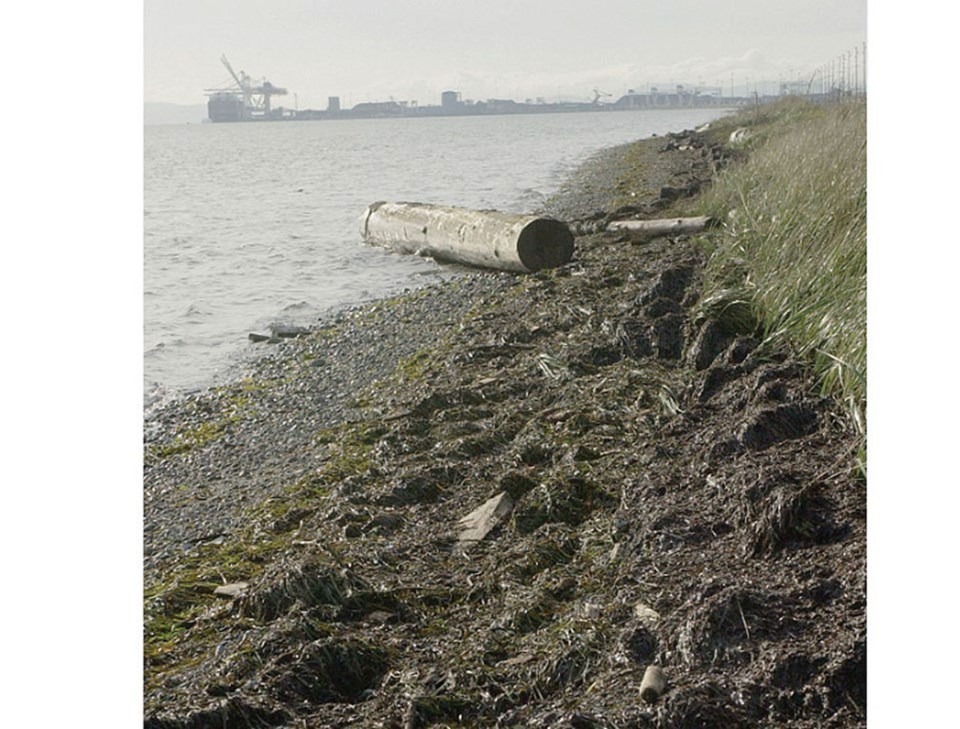It didn’t take long for opponents of the proposed Roberts Bank Terminal 2 (RBT2) expansion at Delta’s Roberts Bank to express dismay at the federal government’s announcement that the project has been approved.
Tsawwassen resident Roger Emsley, with Against Port Expansion (APE), said the approval was granted despite opposition from a lengthy list of parties including, among others, Environment Canada scientists, scientist experts in wetlands and wetland ecology, Canadian and international environmental groups, research published in peer-reviewed science journals, scientists studying the already endangered southern resident killer whales, scientists concerned about declining Fraser River salmon stocks, thousands of Canadian citizens, U.S. indigenous peoples and the cities of Delta, Richmond and White Rock.
He said the government ignored their own scientist concerns that the project will result in significant adverse environmental effects that cannot be mitigated, and that it will negatively impact the intertidal food web and the salinity trigger, resulting in a decline in biofilm quality and quantity, a critical food source for millions of migratory and other shorebirds.
Also saying there is economic justification for the project, Emsley added, “Federal cabinet members need to be aware, with the Fraser Estuary at an environmental tipping point, having lost over 80 percent of its natural habitat, those opposing RBT2 will never accept this decision. The fight to save the Fraser Estuary and Roberts Bank from environmental degradation is by no means over.”
The environmental law charity Ecojustice, following the announcement, said the science is clear in that the project will cause permanent and irreversible damage to the already threatened southern resident killer whales and Chinook salmon populations.
“The federal government has publicly acknowledged that the southern resident killer whales already face imminent threats to their survival and recovery under current conditions. Approving Terminal 2’s additional impacts in critical habitat while the government has no credible plan to address existing problems makes a mockery of the Species at Risk Act, which is supposed to protect this iconic species,” said Dyna Tuytel, staff lawyer with Ecojustice.
The organization’s clients also expressing concern including the Wilderness Committee, David Suzuki Foundation, Georgia Straight Alliance and the Raincoast Conservation Foundation.
Ecojustice says although the port authority has made modifications to its original proposal and claims those will reduce the harmful effects of the project, they fall short of mitigating the effects, and the project remains a serious threat to biodiversity and long-term survival of species in the area.



